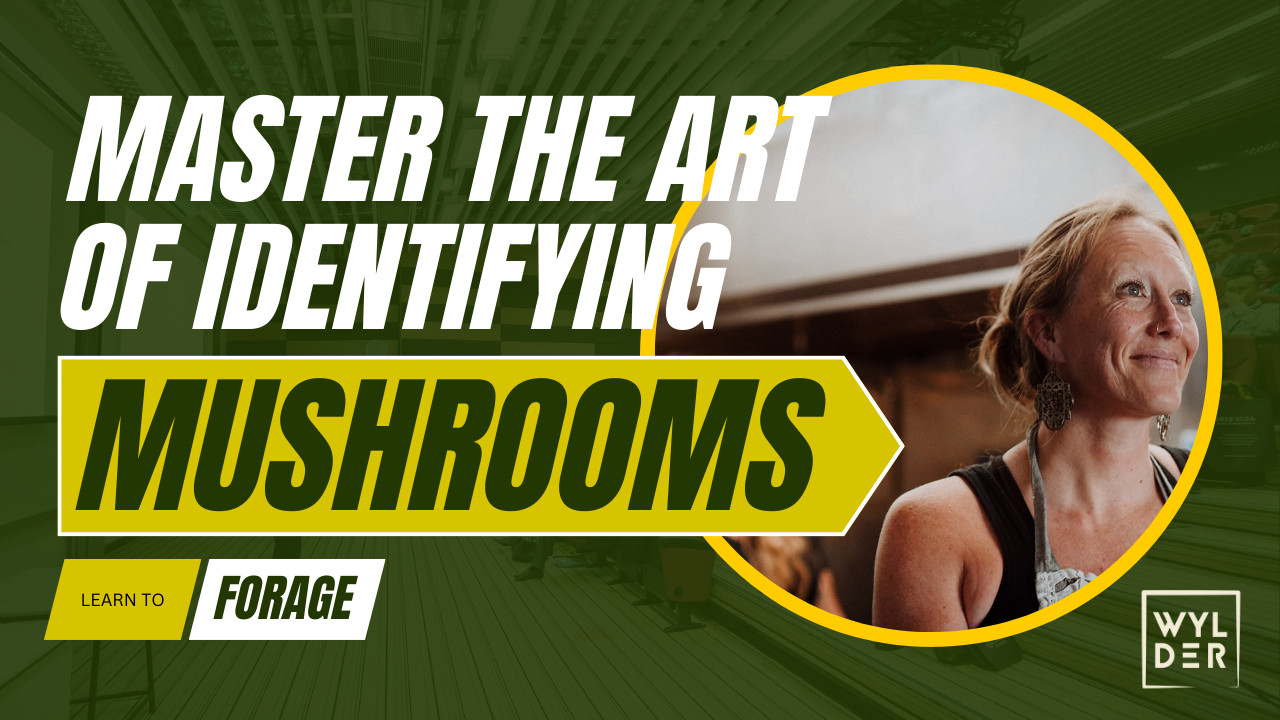
Discover the Joy of Foraging for Wild Mushrooms and Ingredients
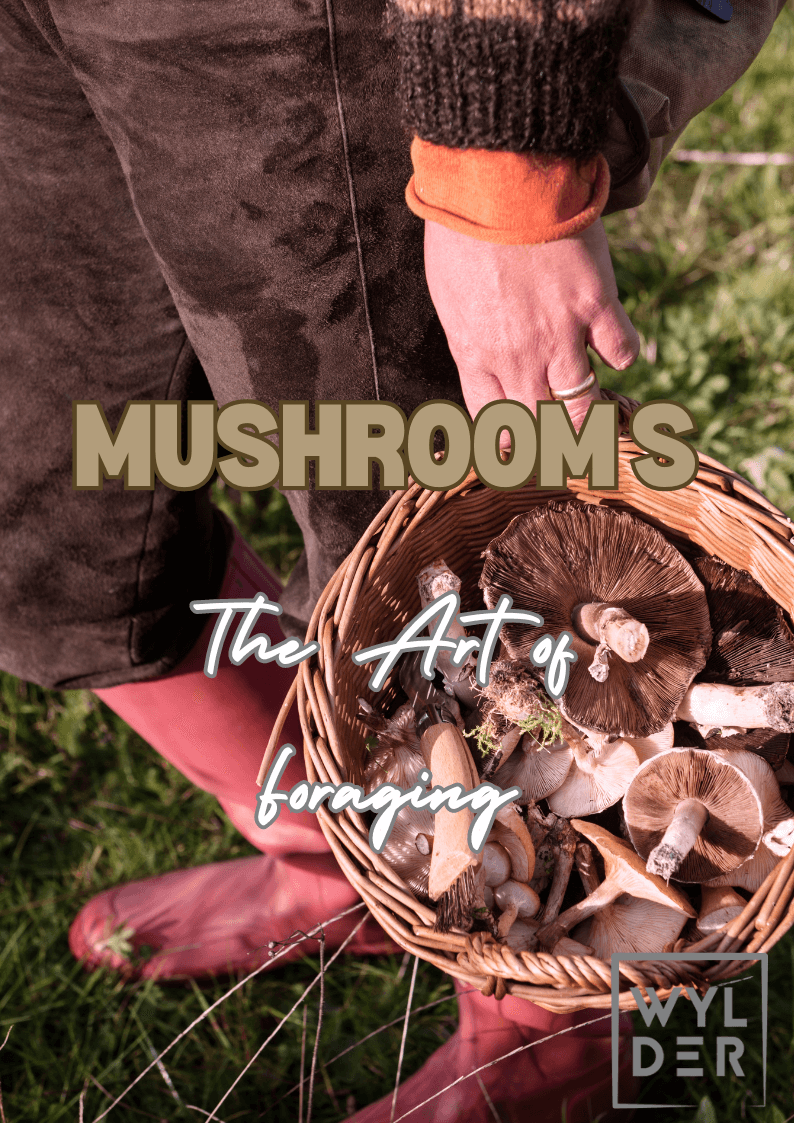
Imagine stepping into the wild and having the skills to forage your meal. Foraging for wild mushrooms and ingredients isn’t just a trend; it’s a return to our roots and a chance to connect deeply with nature. This practice can transform your lifestyle with a new sense of freedom and self-reliance. Today, we're exploring this ancient art and rediscover the bounty of the land.
Why Foraging Matters
The natural world offers an abundance of edible treasures, but in our modern lives, we often overlook these gifts. Foraging connects us with the earth, enriches our diets with nutrient-dense foods, and fosters a sustainable way of living that respects the environment.
Nutrient-Dense Wild Edibles
Foraging introduces you to a variety of wild edibles that are packed with nutrients. Many wild plants and mushrooms have higher concentrations of vitamins and minerals compared to the ingredients we find in the store and even at Farmers Markets. There is something very grounding in harvesting ingredients straight from nature, grown wild and free- without the help of humans taking care of them.
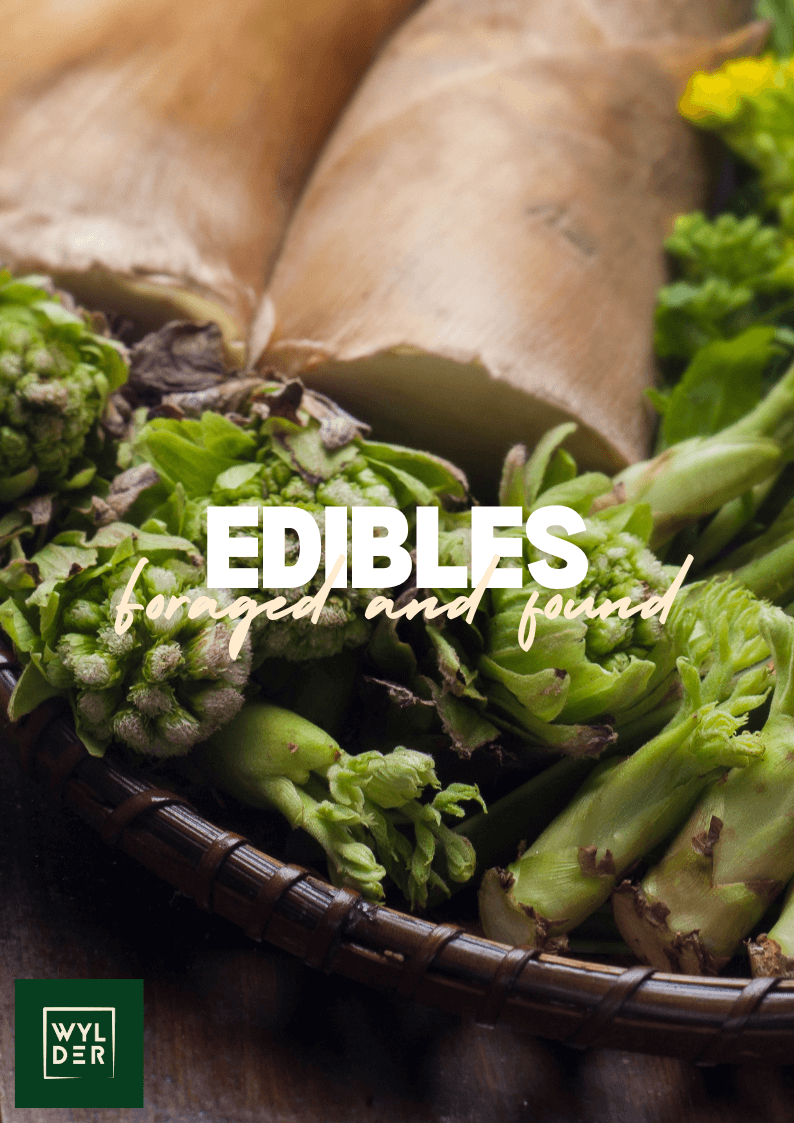
Fresh, Seasonal Ingredients
Nothing beats the taste of fresh, seasonal ingredients. When you forage, you’re eating foods at their peak ripeness, which means more flavor and nutrition. Each season brings its own array of wild edibles, ensuring your diet is diverse and aligned with nature's rhythms.
Connecting with Nature
Foraging isn't just about food; it’s about forming a deeper connection with the land. It encourages you to observe, respect, and understand the ecosystems around you. This practice instills a sense of stewardship and mindfulness, helping you appreciate the natural world on a whole new level.
Over the years, Wylder has hosted a myriad of foraged and found events. Super fun, super hip!
The Benefits of Foraging
Foraging offers a host of benefits that go beyond the dining table. Here’s how this practice can enrich your life:
Discovering Health Benefits
Wild plants and mushrooms often contain medicinal properties that can support your health. For instance, certain mushrooms like reishi and lion’s mane are known for their immune-boosting and cognitive-enhancing effects. By incorporating these into your diet, you can harness nature's healing power.
Enjoying Culinary Diversity
Foraging expands your awareness and teaches you how to live off the land. You'll discover new flavors and textures that you can't find in grocery stores. This diversity keeps your meals exciting and satisfying, making cooking an adventurous and rewarding experience.
Building Community
Foraging can also build a sense of community. Joining foraging groups or attending workshops allows you to meet like-minded individuals who share your passion for nature and food. These connections can lead to lasting friendships and a supportive community of fellow foragers.
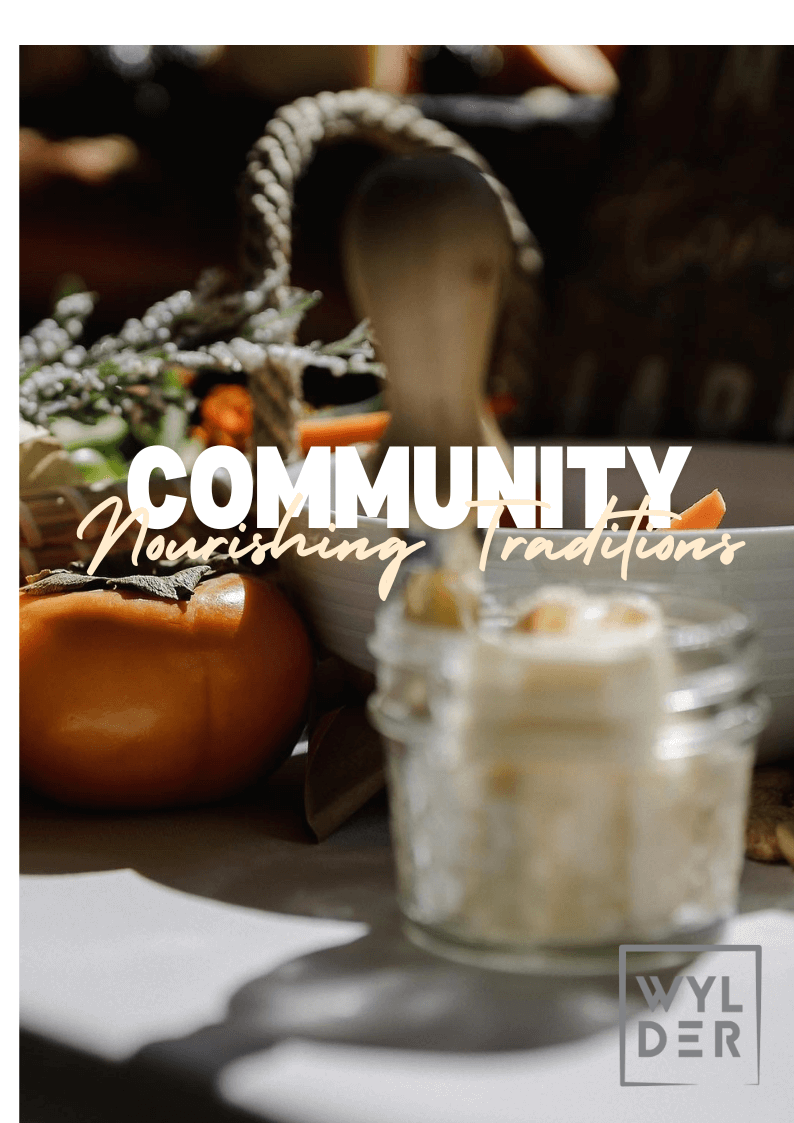
Wylder Space's Nourishing Traditions Retreat
If you’re eager to deepen your foraging skills, Wylder Space's Nourishing Traditions Retreat is the perfect opportunity. Here’s what you can expect from this immersive experience:
Empowering Foraging Knowledge
At the retreat, you'll learn how to identify, harvest, and prepare a wide range of wild foods. Our expert guide will teach you the techniques needed to forage confidently and safely. We'll prepare a nutrient dense foraged meal, cooked over an open flame - utilizing the ingredients we collect.
Traditional Food Preservation
In addition to foraging, you’ll learn traditional methods of food preservation. Techniques like canning, fermenting, and drying enable you to enjoy your foraged finds year-round. These skills not only preserve the nutritional value of wild foods but also add depth and variety to your pantry.
Building Lasting Connections
The retreat isn’t just about learning; it’s about building connections. You’ll meet people who share your interests and values, forming a supportive network that extends beyond the retreat. Together, you'll celebrate the joys of foraging and sustainable living.
A Holistic Approach to Self-Reliance
Foraging is more than a hobby; it’s a path to self-reliance. By learning to source your own food, you gain a sense of independence and resilience. Here's how foraging contributes to a holistic, self-sufficient lifestyle:
Physical Benefits
Foraging gets you moving. The physical activity involved in hiking, bending, and reaching is a great workout that improves your fitness. Plus, spending time outdoors has been shown to reduce stress and improve mental health.
Mental and Spiritual Rewards
Connecting with nature through foraging can be a meditative experience. It encourages mindfulness and presence, helping you escape the hustle and bustle of daily life. This practice fosters mental clarity and spiritual well-being, nurturing your soul as much as your body.
Sustainable Living
Foraging promotes sustainability. By harvesting wild foods, you reduce your reliance on industrial agriculture, which often involves harmful practices. Ethical foraging ensures that you’re taking only what you need, leaving the ecosystem healthy and balanced.
A Few Wild Mushroom Hunting Tips
Ready to start foraging for wild mushrooms? Here are some essential tips to help you get started:
Learn to Identify Edible Mushrooms
Accurate identification is crucial. Invest in a good field guide and learn from experienced foragers. Pay attention to the distinctive features of edible mushrooms, such as color, shape, and spore print.
Avoid Toxic Look-Alikes
Some poisonous mushrooms closely resemble edible varieties. Always exercise caution and consult multiple sources before consuming any wild mushroom. If in doubt, don’t eat it.
Harvest Responsibly
When foraging, be mindful of the environment. Only take what you need and leave plenty behind to ensure the mushrooms can reproduce. This practice supports the sustainability of wild mushroom populations.
Incorporating Wild Foods into Your Diet
Once you’ve foraged your wild ingredients, it’s time to incorporate them into your meals. Here’s how to make the most of your finds:
Experiment with Recipes
Try new recipes that highlight the unique flavors of wild foods. From mushroom risotto to nettle soup, the possibilities are endless. Experimenting in the kitchen can be a fun and fulfilling experience.
Preserve Your Bounty
Learn traditional preservation methods to extend the shelf life of your wild foods. Fermenting, drying, and pickling are excellent ways to enjoy your foraged ingredients throughout the year.
Share with Others
Share your foraged foods with friends and family. Hosting a meal featuring wild ingredients can be a great way to introduce others to the joys of foraging and foster a sense of community.
Common Foraging Mistakes to Avoid
To ensure a safe and rewarding foraging experience, avoid these common mistakes:
Misidentification
Always double-check the identity of any wild plant or mushroom before consuming it. Misidentification can lead to serious health risks, so when in doubt, leave it out.
Overharvesting
Sustainable foraging means taking only what you need. Overharvesting can deplete natural resources and harm the ecosystem. Practice mindful foraging to preserve nature's balance.
Ignoring Contamination
Avoid foraging in areas that may be contaminated with pollutants or pesticides. Opt for pristine, organic environments to ensure the safety and purity of your wild foods.
Tips for Urban Foragers
Living in an urban area doesn’t mean you can’t enjoy foraging. Here are some tips for city dwellers:
Explore Local Parks
Many urban parks have wild edibles waiting to be discovered. Research local regulations and forage responsibly in these green spaces.
Join a Foraging Group
Connect with local foraging groups to learn about urban foraging opportunities. These communities can provide valuable knowledge and support.
Start a Foraging Garden
If space allows, consider starting a garden with native wild plants. This way, you can enjoy foraging right in your backyard.
Final Thoughts
Foraging for wild mushrooms and ingredients is more than a way to source food; it’s a lifestyle choice that promotes health, sustainability, and a deep connection with nature. Whether you’re a seasoned forager or just starting out, there’s always something new to learn and discover. Ready to take the first step towards a more nourishing, self-reliant lifestyle? Join us at Wylder Space's Nourishing Traditions Retreat and unlock the full potential of foraging.


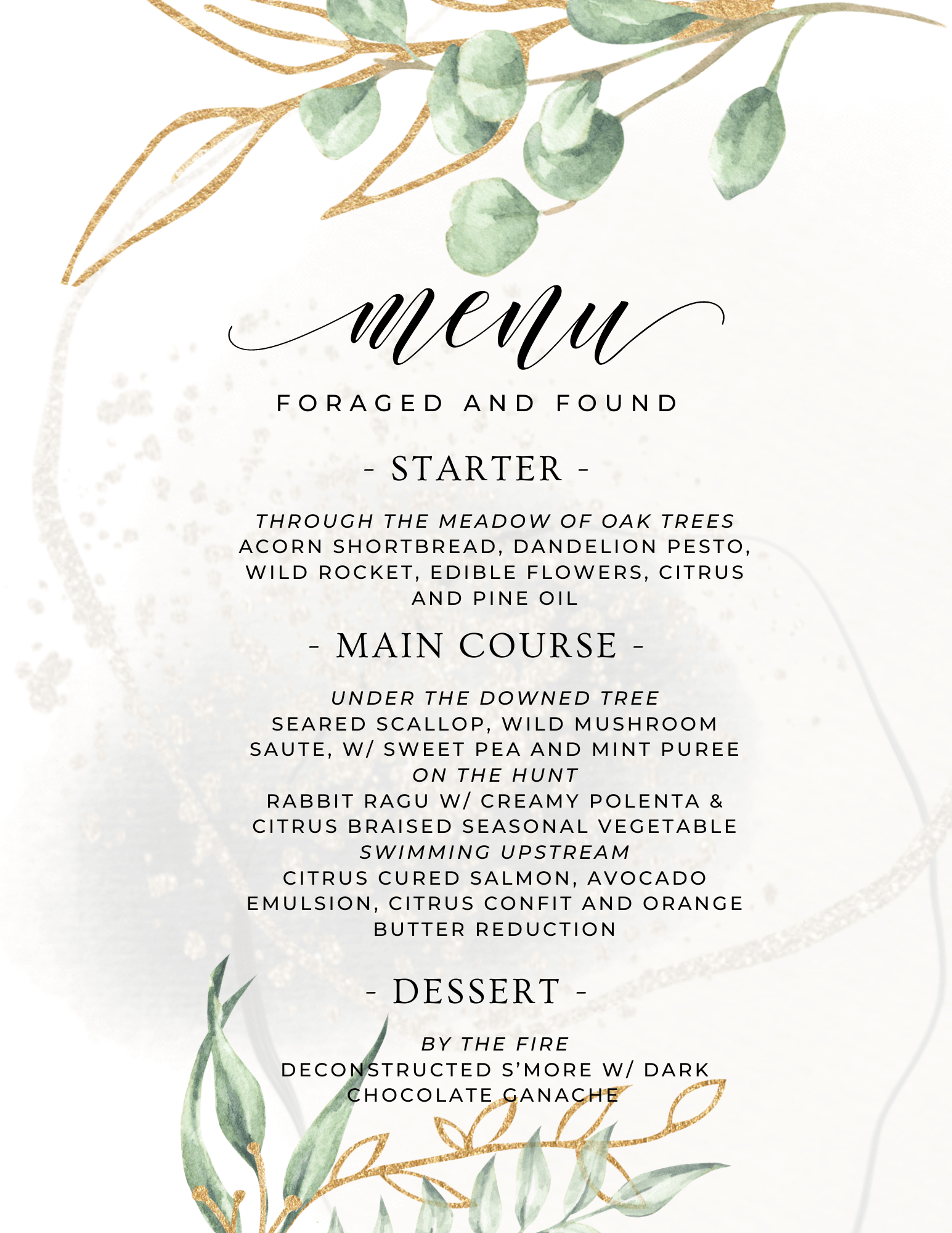
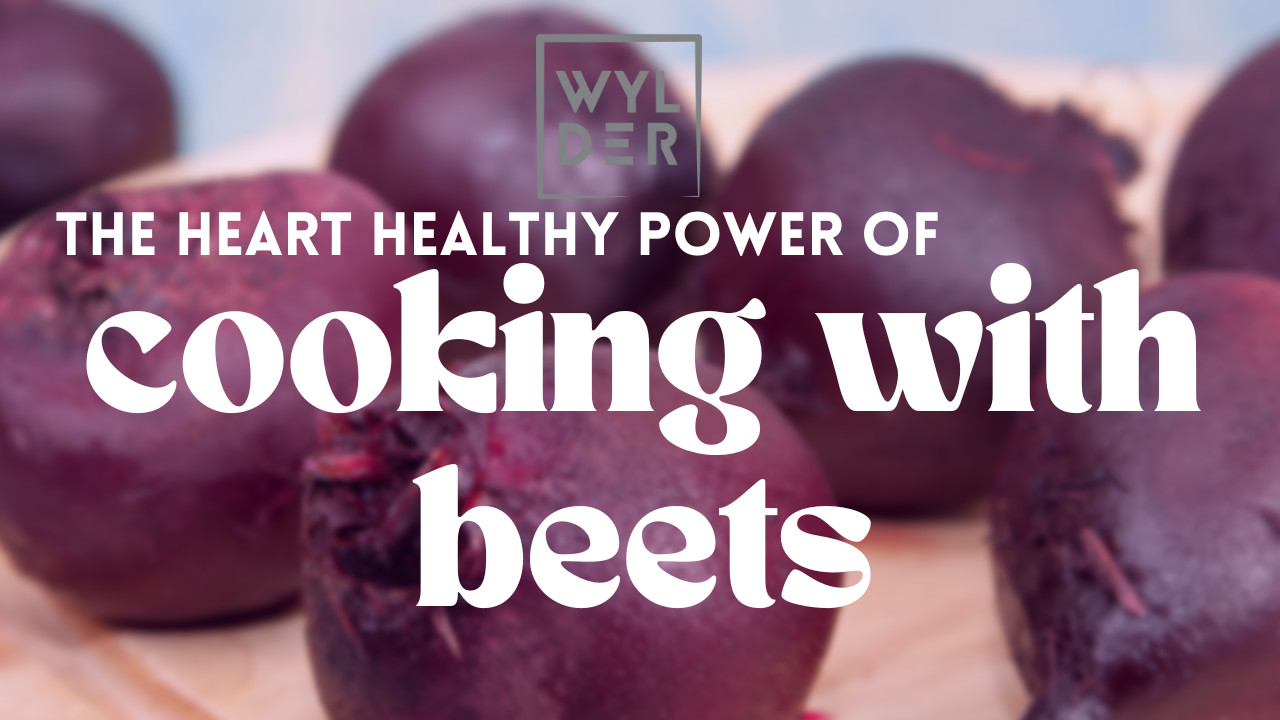
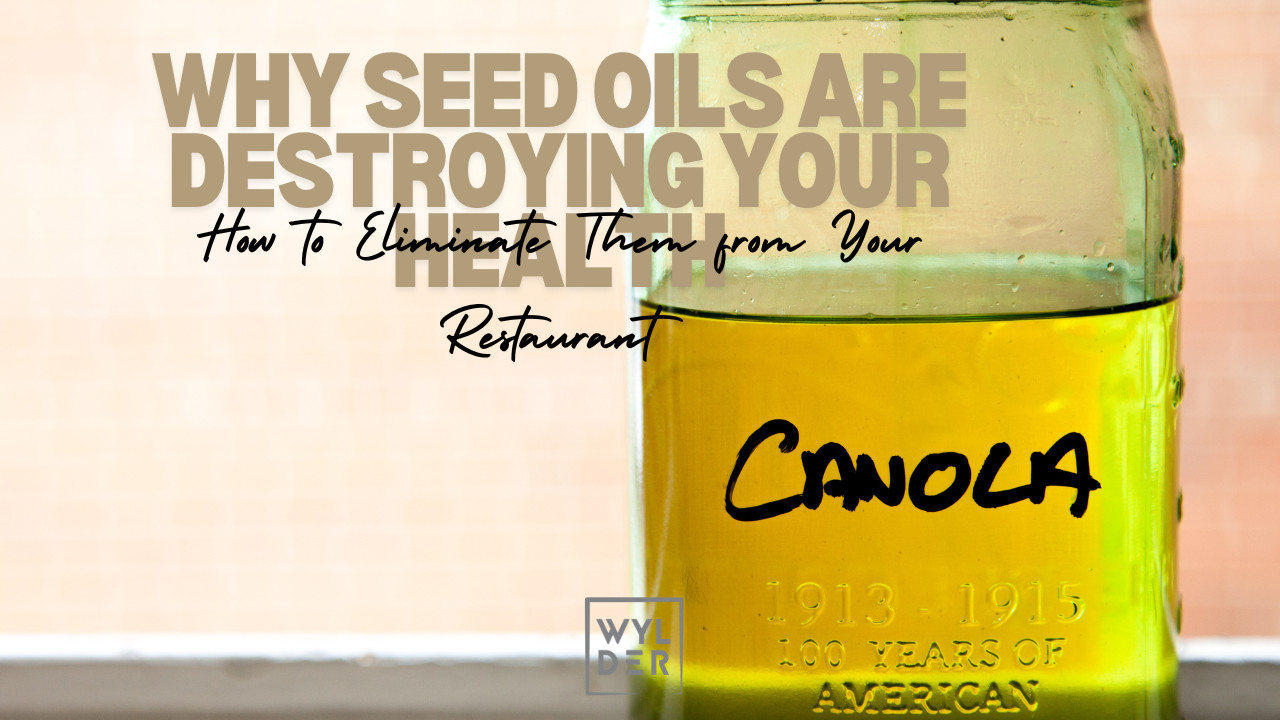
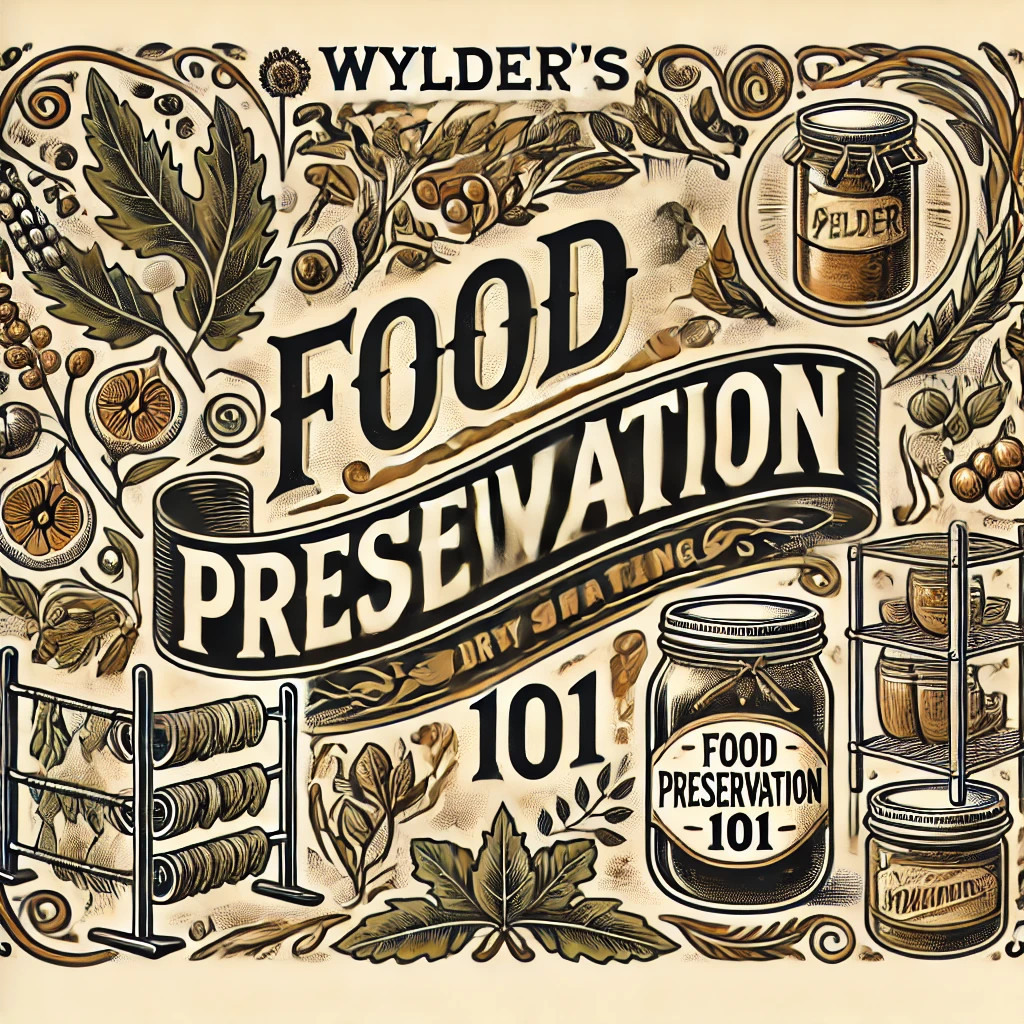
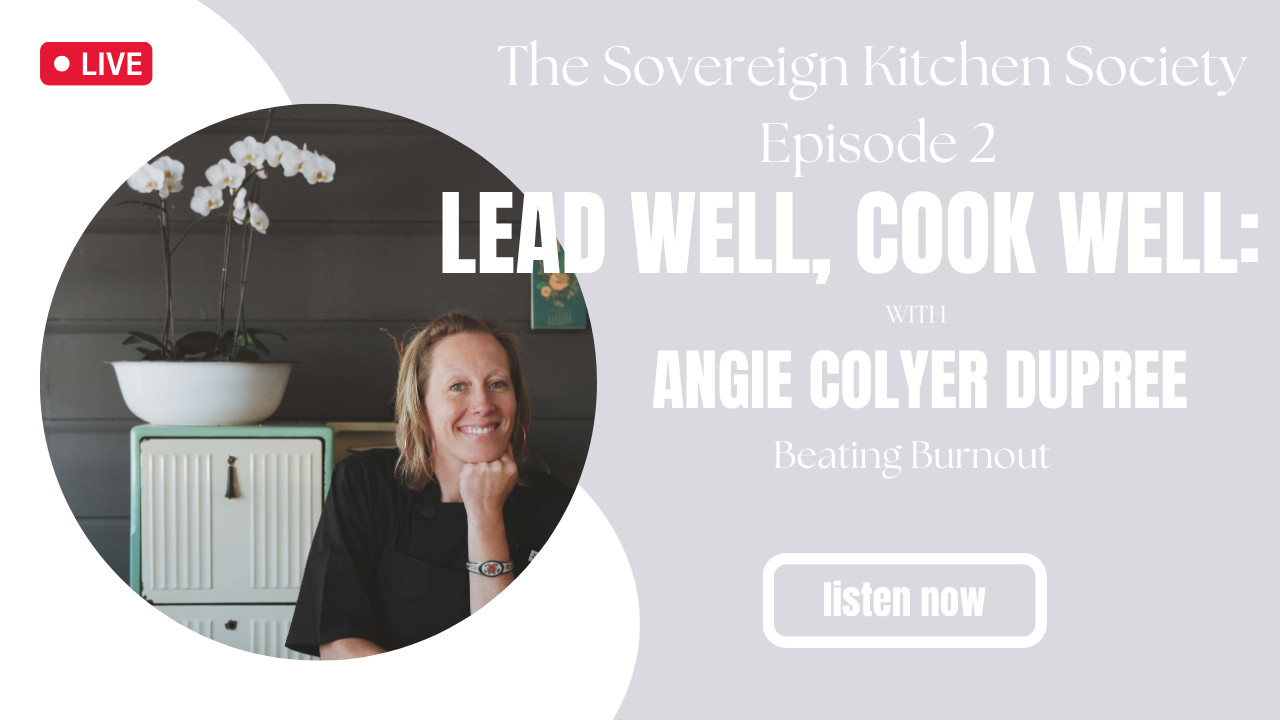
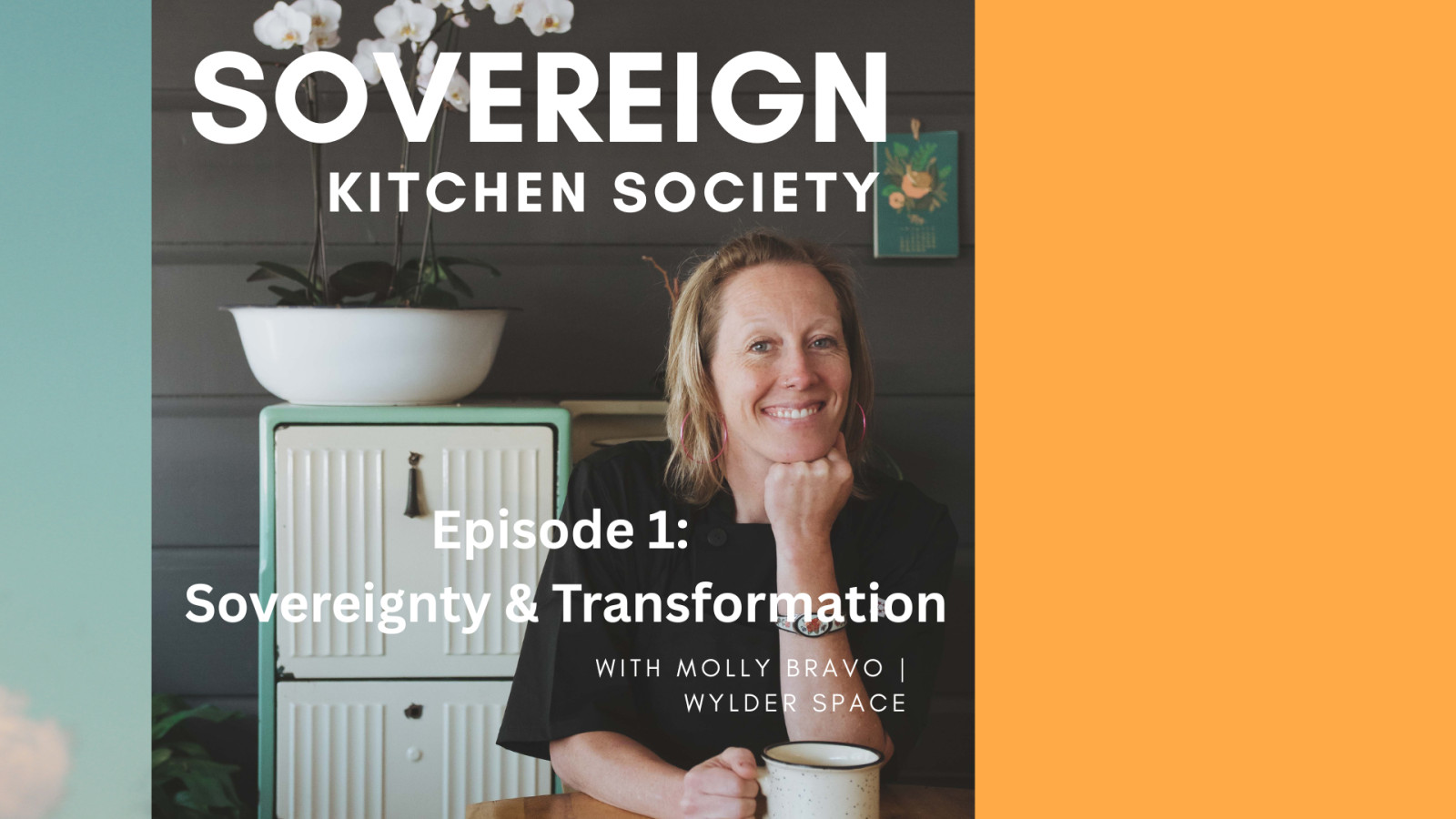
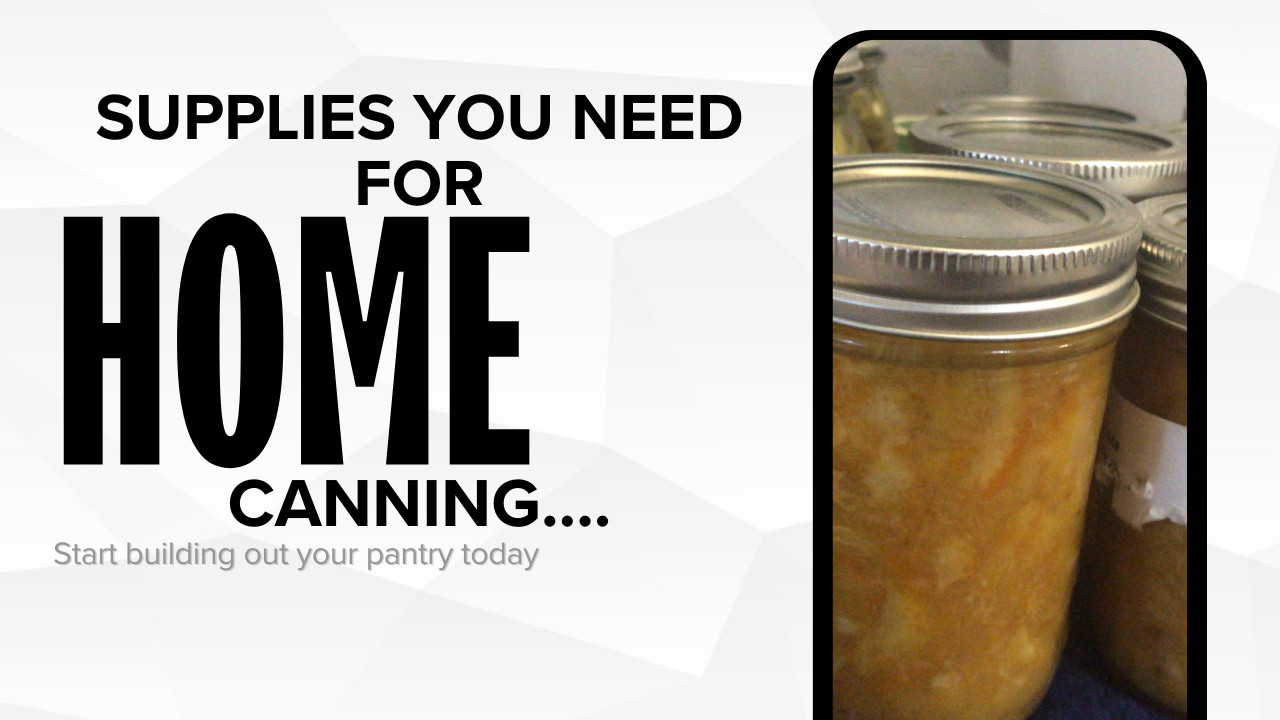
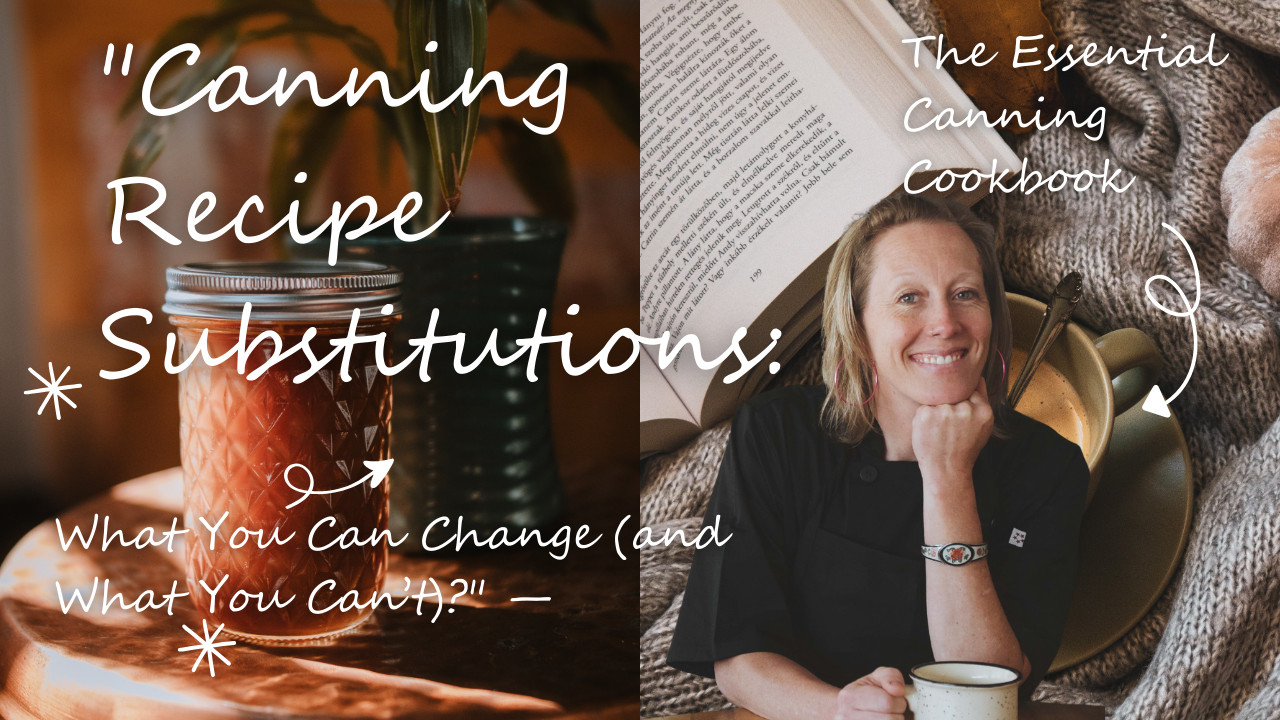

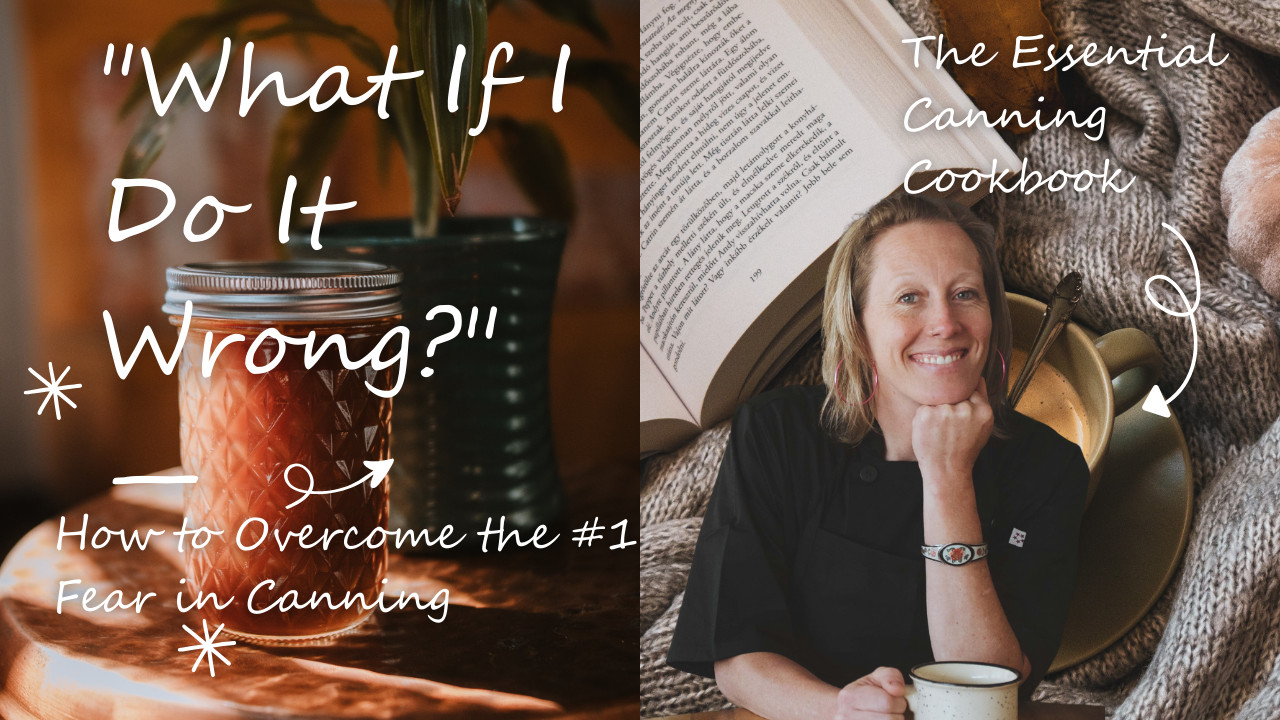
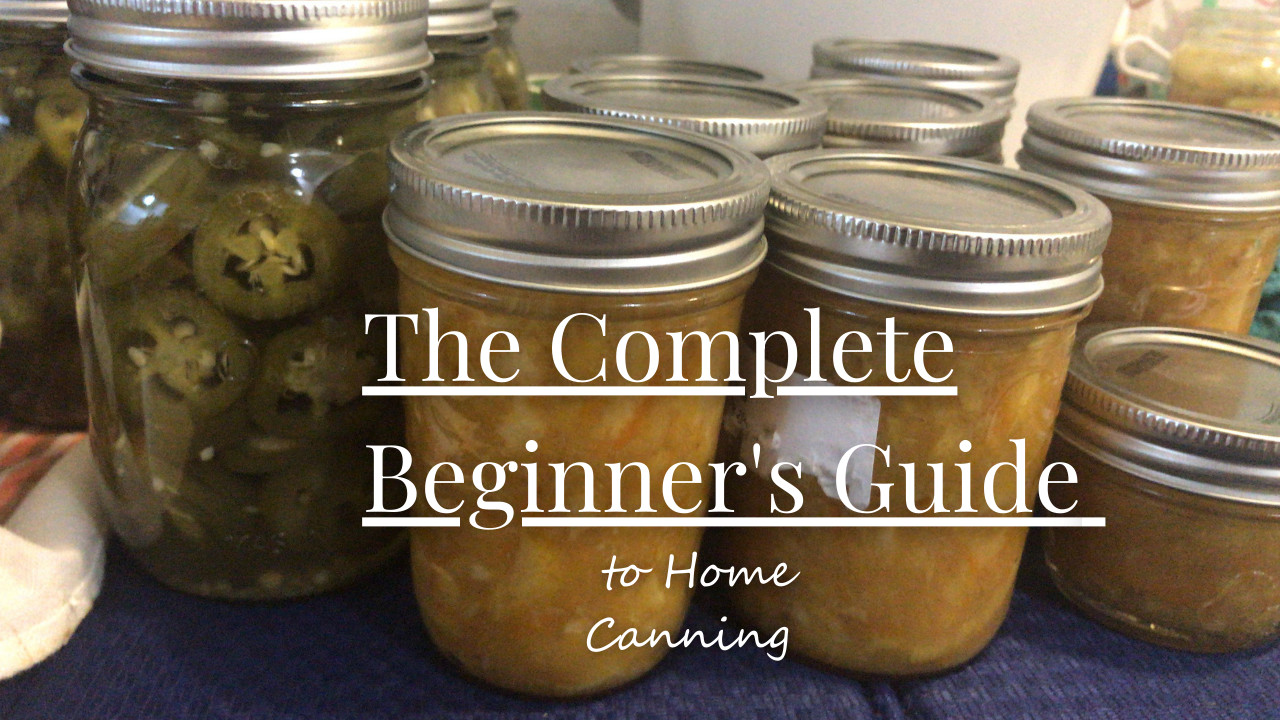
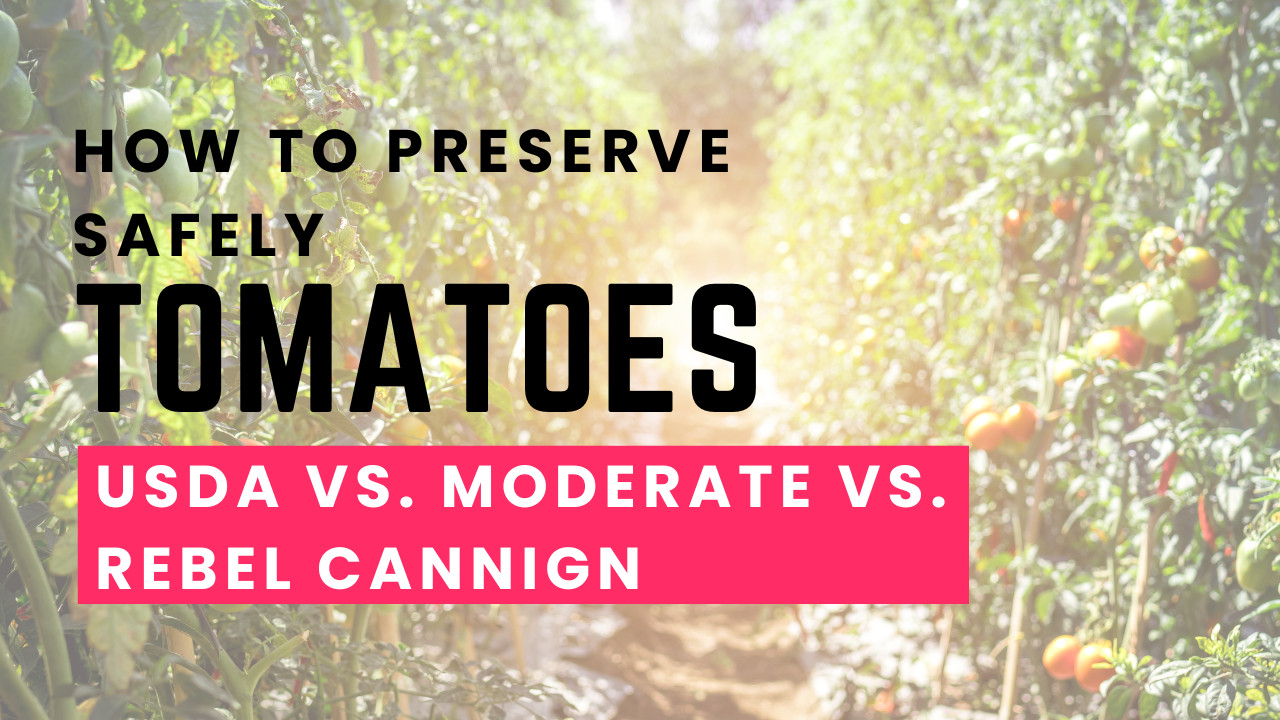
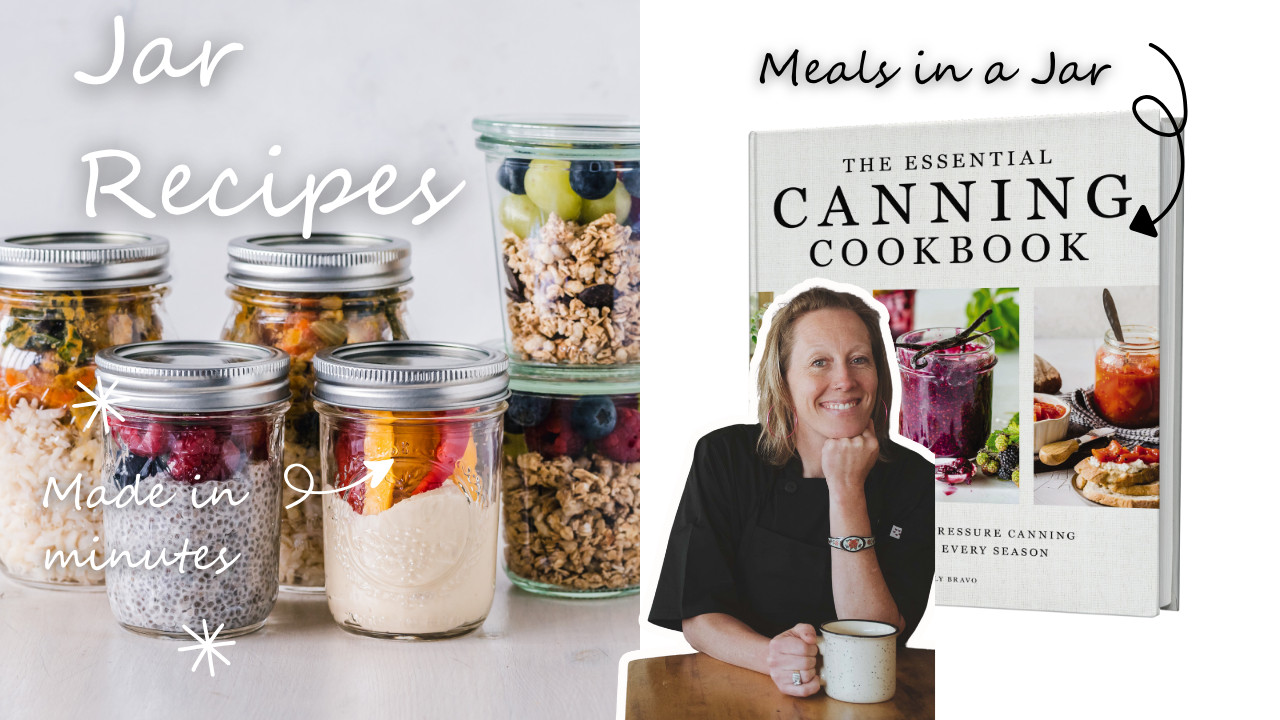
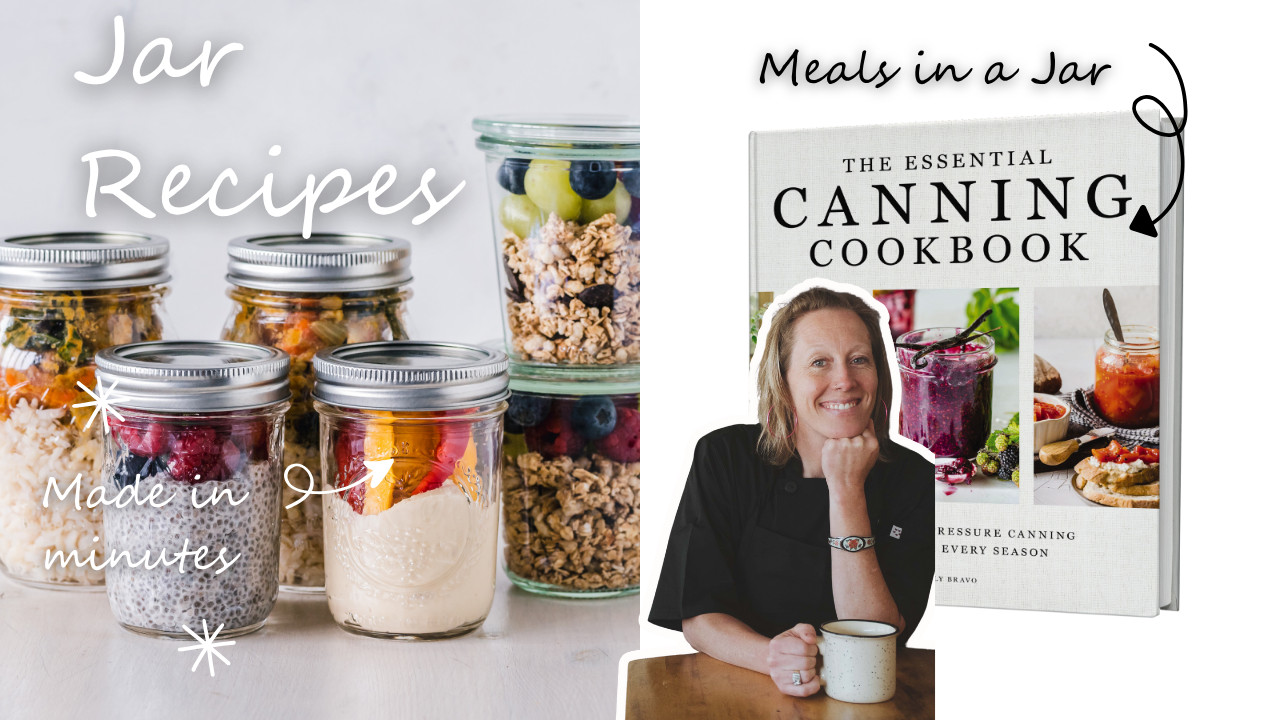
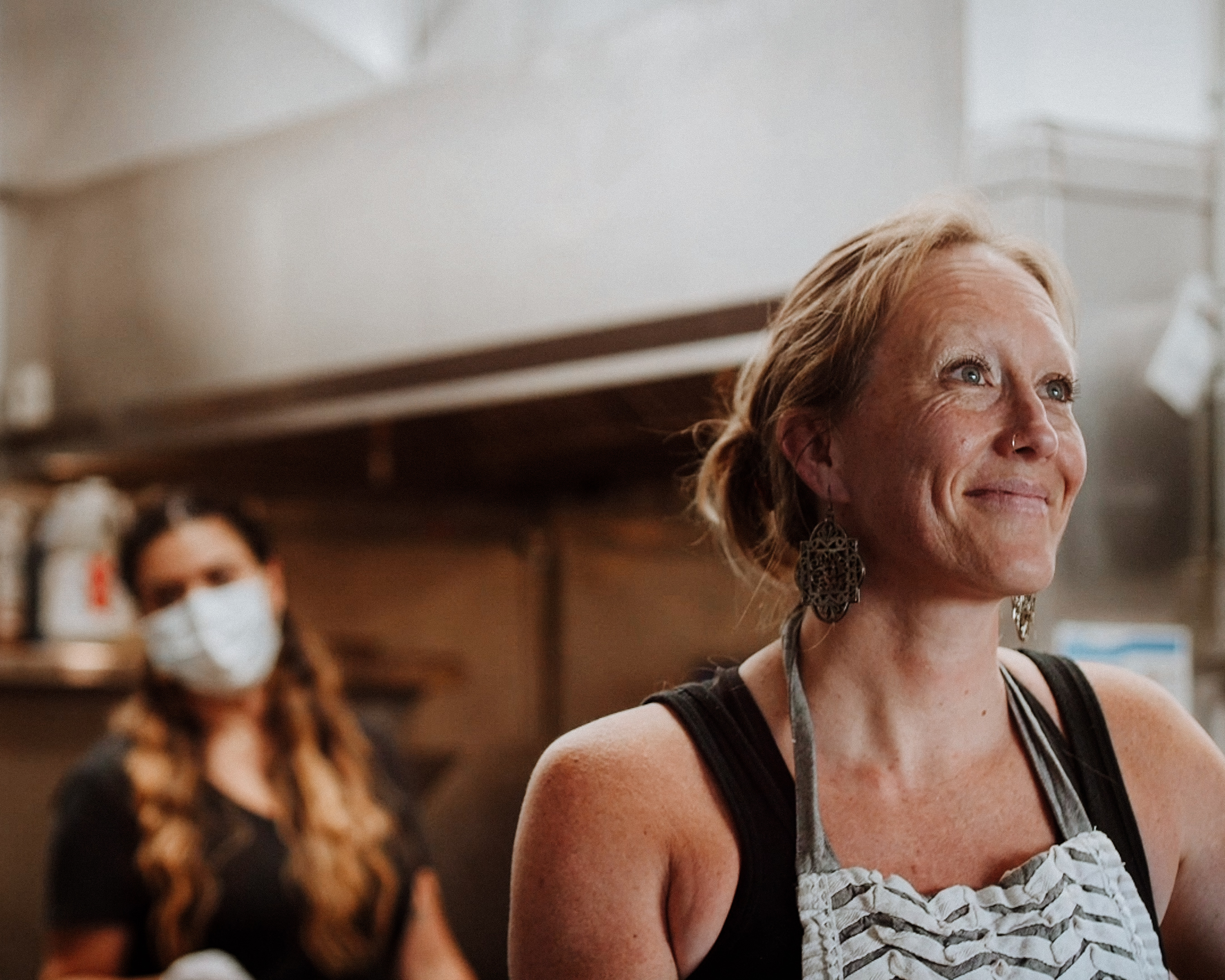
0 Comments